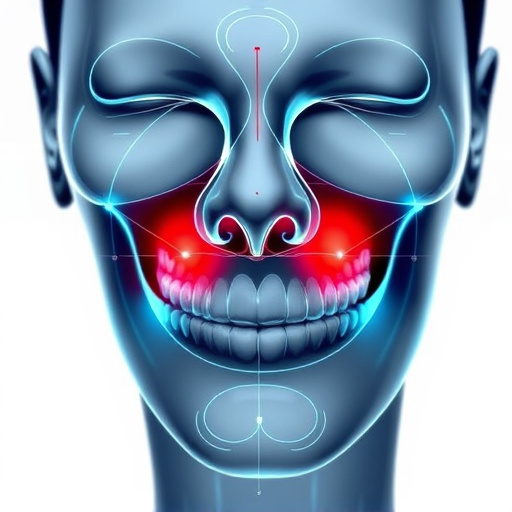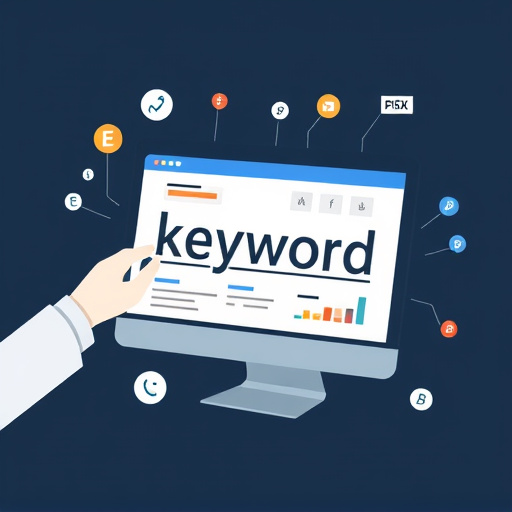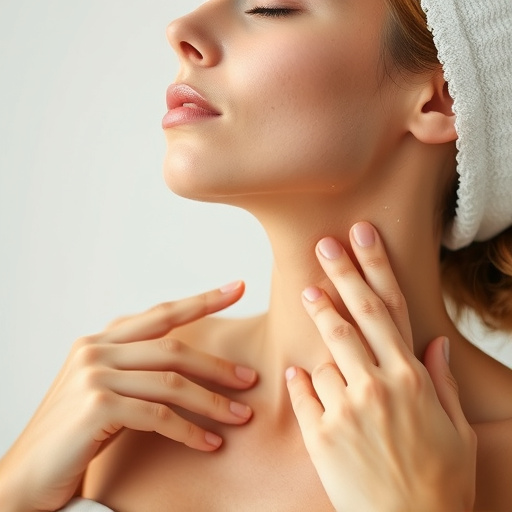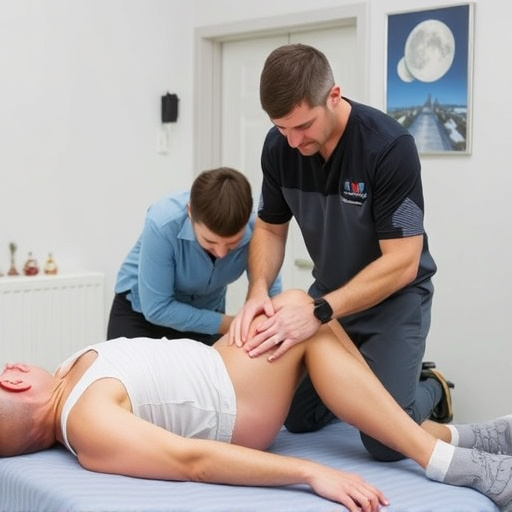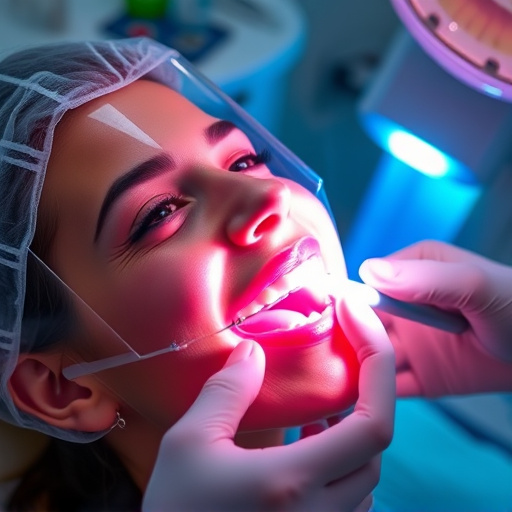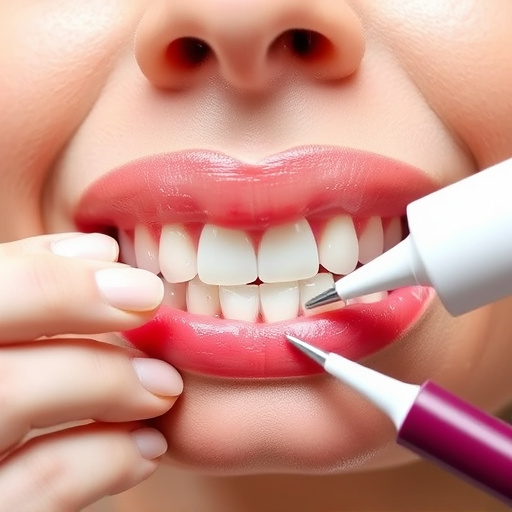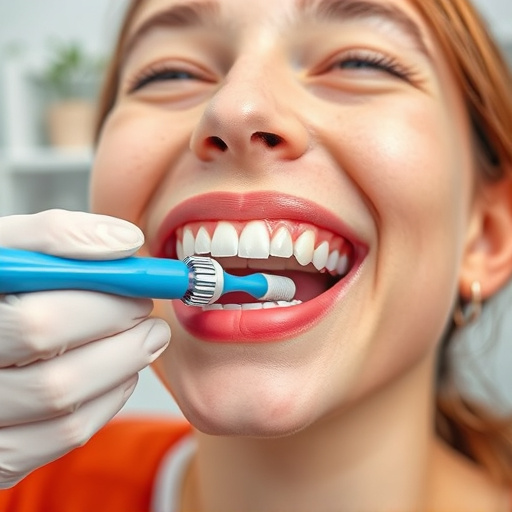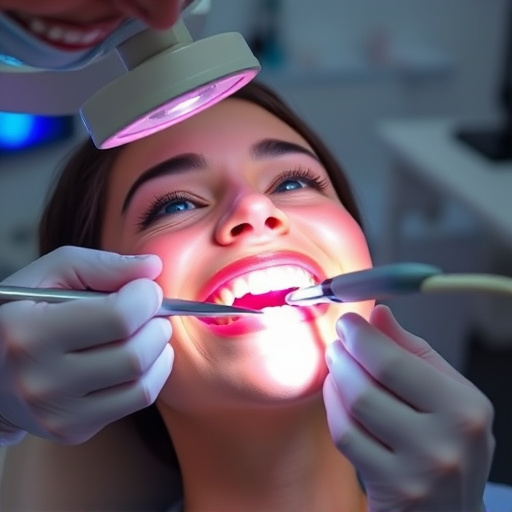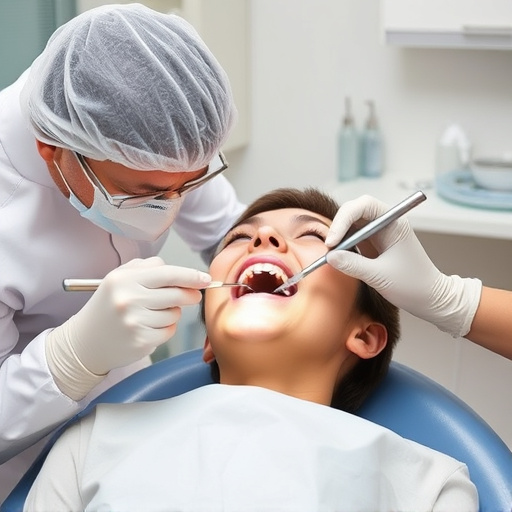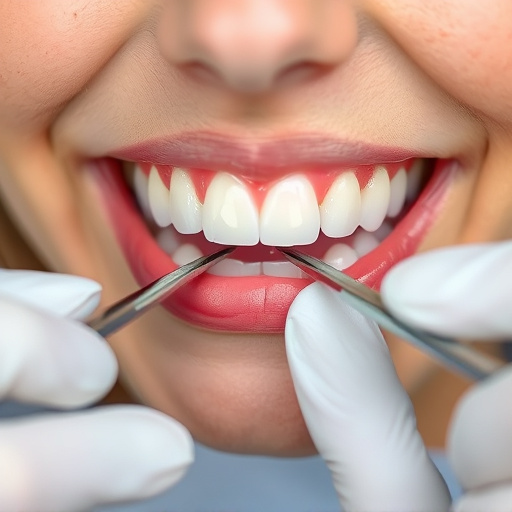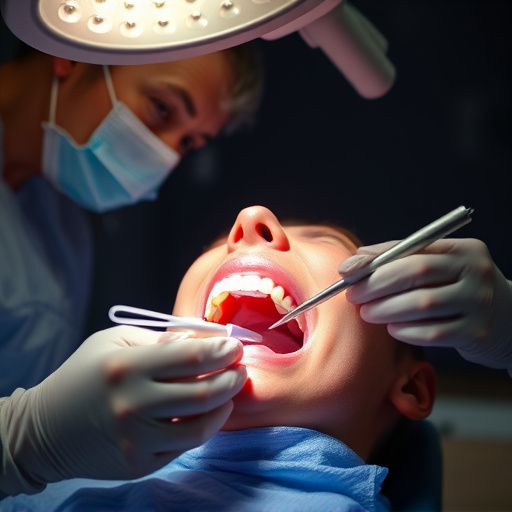Oral hygiene education is a key component of family dentistry, teaching proper brushing, flossing, and check-ups to prevent tooth decay and gum disease. This empowers individuals to take charge of their oral health, reducing costly procedures and promoting long-term wellness through proactive care habits.
Improve your daily routines with oral hygiene education. Effective oral care isn’t just about maintaining a bright smile; it’s a gateway to overall health and well-being. This article explores the profound impact of oral hygiene, provides practical tips for fostering better daily practices, and guides you in implementing long-term oral care routines. Discover how empowering yourself with knowledge can transform your dental habits and enhance your quality of life.
- Understanding the Impact of Oral Hygiene
- Educating for Better Daily Practices
- Implementing Long-Term Oral Care Routines
Understanding the Impact of Oral Hygiene
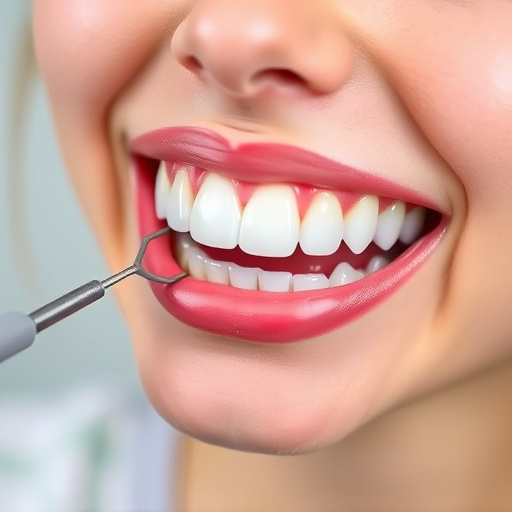
Oral hygiene is often overlooked as a mere maintenance task, but its impact on overall health and daily routines cannot be overstated. A simple routine involving brushing, flossing, and regular dental check-ups can prevent significant oral health issues such as tooth decay and gum disease, which not only cause discomfort but can also lead to more serious health problems like heart disease and diabetes.
Educating individuals, especially children, about proper oral hygiene practices is a powerful tool for promoting long-term wellness. Beyond preventing tooth repair or dental bonding procedures down the line, instilling good habits from an early age ensures a bright, healthy smile and fosters a sense of responsibility for one’s own well-being. Family dentistry professionals play a vital role in providing oral hygiene education, guiding patients towards a lifetime of optimal oral health.
Educating for Better Daily Practices
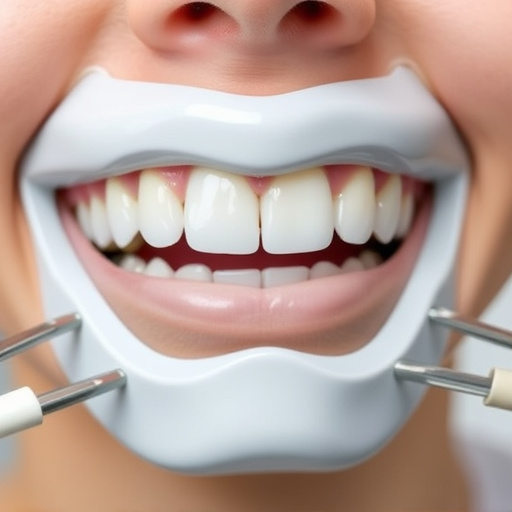
Oral hygiene education plays a pivotal role in empowering individuals to take control of their oral health and establish better daily practices. By providing comprehensive knowledge about proper brushing techniques, flossing methods, and the importance of regular dental check-ups, we can foster a culture of proactive healthcare. This includes educating folks on choosing the right toothbrush and toothpaste for their needs, understanding fluoride’s role in strengthening teeth, and recognizing the signs of common oral issues like tooth decay or gum disease early on.
Integrating oral hygiene education into community outreach programs, schools, and workplaces can help dispel myths and misconceptions surrounding oral care. Encouraging regular visits to dental professionals for both routine cleanings and emergency dental care situates preventive dentistry as a cornerstone of overall health. Moreover, this approach equips people with the tools they need to maintain healthy teeth and gums, potentially reducing the need for costly procedures like dental crowns in the long run.
Implementing Long-Term Oral Care Routines
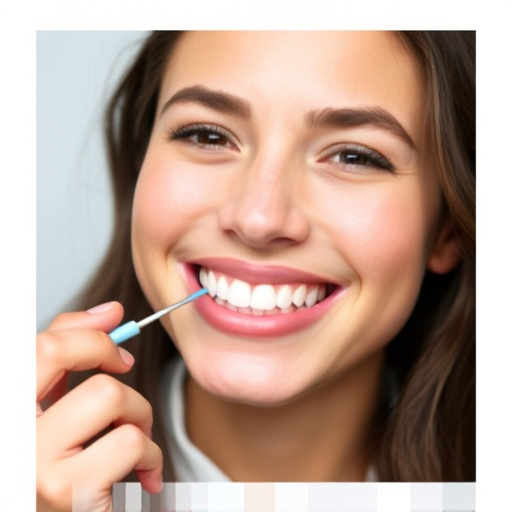
Implementing long-term oral care routines is a vital step after acquiring knowledge through oral hygiene education. This involves integrating daily practices that promote both preventive and proactive measures for maintaining optimal oral health. By understanding the significance of consistent brushing, flossing, and tongue scraping, individuals can significantly reduce the risk of dental issues such as tooth decay, gum disease, and even more severe general dentistry problems. Regular dental cleanings play a crucial role in this process, allowing professionals to identify potential concerns early on and provide guidance tailored to individual needs.
Oral hygiene education equips individuals with the tools to extend the benefits beyond routine visits. It encourages responsible self-care, ensuring that daily habits contribute to long-term tooth repair and overall dental wellness. This proactive approach not only saves time and money in the future but also fosters a sense of empowerment, enabling folks to take charge of their oral health journey.
Oral hygiene education is a powerful tool to transform daily routines and overall well-being. By understanding the impact of proper oral care, individuals can make informed decisions that lead to better practices. Implementing long-term oral care routines not only enhances smiles but also contributes to a healthier lifestyle. Let’s embrace the power of knowledge and dedicate ourselves to maintaining optimal oral hygiene through continuous learning and consistent practice.


